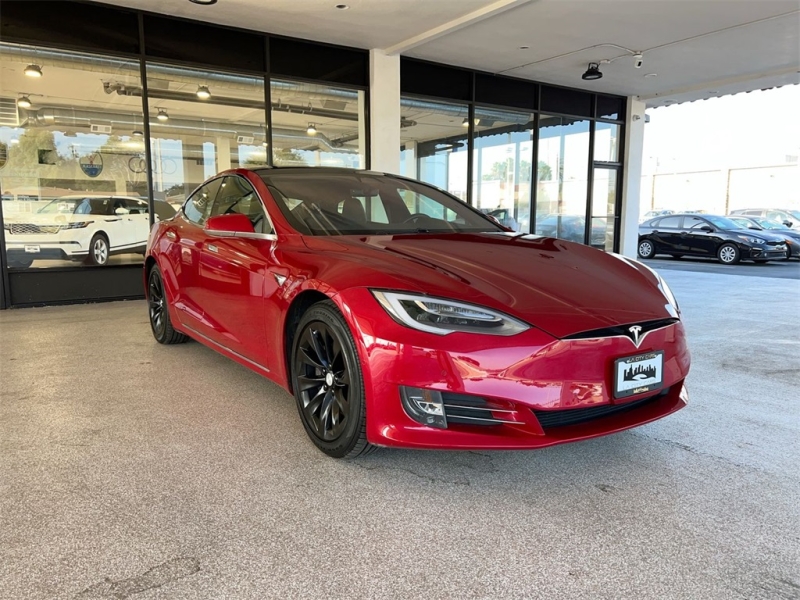When it comes to buying a certified pre-owned car, few names are as iconic as LA City Cars. Known in Los Angeles for providing some of the finest automobiles, LA City Cars takes pride in having the largest selection of pre-owned vehicles. Our reputation in the Los Angeles area is built on a commitment to transparency, a customer-friendly experience, and consistently exceeding expectations. It’s important to mention that our staff shows remarkable loyalty, with most team members being with us for 15+ years and some for even 40+ years. We’re a family-owned business, and we treat our customers and employees as extended family members. We are grateful for the support of our customers and eagerly look forward to serving our community to the best of our abilities.
Identifying a good used car dealership is essential to ensuring you get a reliable and well-maintained vehicle. Here are some tips to help you find a reputable dealership:
- Research and preparation: a. Start by researching local dealerships in your area. You can use online resources, such as Google Maps, Yelp, or online forums, to find customer reviews and ratings. b. Ask friends, family, and coworkers for recommendations based on their past experiences.
- Check Reputation: a. Look for dealerships with a solid reputation for honesty and transparency. b. Check if the dealership is accredited with organizations like the Better Business Bureau or has received positive reviews on trusted review websites.
- Verify Licensing and Certification: a. Ensure the dealership is properly licensed and complies with state and local regulations. b. Look for certifications like the National Independent Automobile Dealers Association (NIADA) or manufacturer-specific certifications.
- Visit the Dealership: a. Visit the dealership in person to get a feel for their operation. b. Observe the cleanliness and organization of the facility, as it can reflect their professionalism. c. Interact with the staff to gauge their knowledge and customer service.
- Check the vehicle history. a. Ask for a vehicle history report (e.g., Carfax) for any car you’re interested in. b. Verify that the dealership provides accurate and comprehensive information about the vehicle’s past.
- Inspect the inventory: a. Look for a diverse selection of vehicles in various price ranges, makes, and models. b. Pay attention to the condition of the cars, including cleanliness, maintenance, and overall appearance.
- Test Drive: a. Always take the car for a test drive to evaluate its condition, handling, and performance. b. Ensure that the dealership allows you to take the vehicle to a trusted mechanic for an inspection if desired.
- Warranty and Return Policy: a. Inquire about any warranties or guarantees provided with the purchase. b. Understand the dealership’s return policy and what protections are in place for buyers.
- Pricing and Negotiation: a. Research fair market values for the car you’re interested in to ensure you’re getting a reasonable price. b. Be prepared to negotiate, and if the dealership is transparent and willing to work with you, it’s a good sign.
- Customer Feedback: a. Talk to past customers if possible to gather firsthand experiences. b. Look for online reviews and testimonials to get an idea of the dealership’s track record.
- Service and Maintenance: a. Inquire about the dealership’s service and maintenance department. A reputable dealership should offer post-sale support.
- Trust Your Instincts: If something doesn’t feel right or if the dealership’s practices seem questionable, it’s better to walk away and explore other options.
Remember that choosing the right used car dealership is crucial to a successful used car purchase. Take your time, do your due diligence, and don’t rush into a decision. A trustworthy dealership will help ensure that you drive away with a reliable and well-maintained vehicle.


